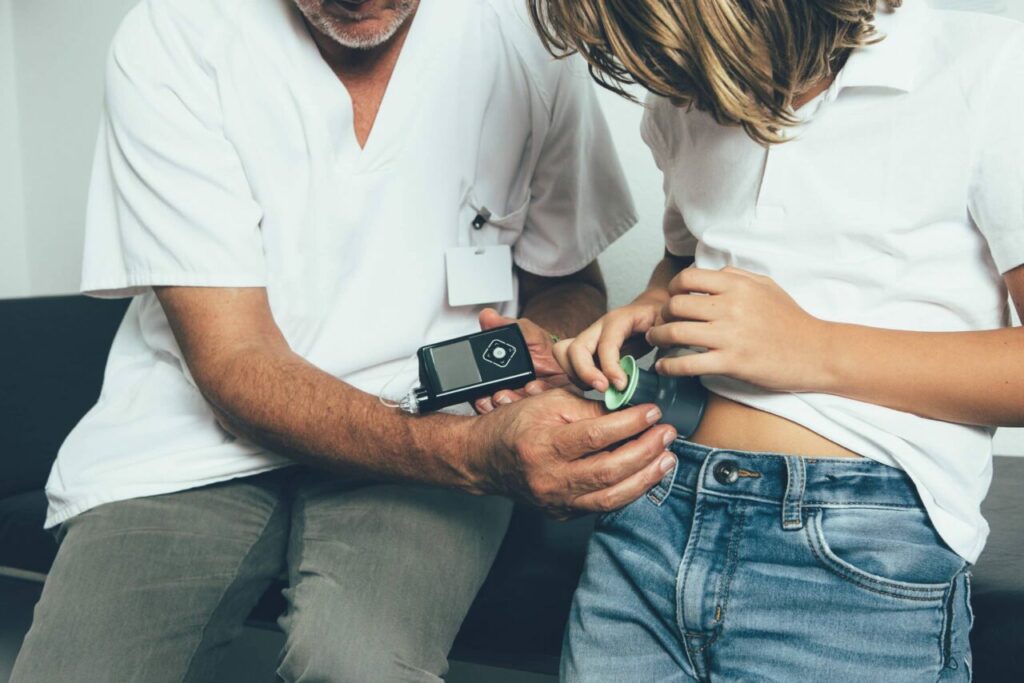One of the benefits of evolving technology is that many of our life-saving medical devices are becoming more advanced. From pacemakers to insulin pumps, we are able to more safely rely on these devices. One downside to this rapid technological advancement, however, is the ever-increasing relevance of cyber attacks.
Believe it or not, your medical device may be at risk for a dangerous cyber attack that may end up costing you money, compromising private information, or rendering your device completely useless. The good news is that there are several, effective ways you can protect your devices!
What is Medical Device Cybersecurity?
Broadly speaking, medical device cybersecurity is the process of protecting medical devices from unauthorized access or exploitation. This process often includes creating and maintaining secure networks, as well as developing policies and procedures to prevent unauthorized access to medical devices.
Why Are Medical Devices a Target for Cyber Attacks?
Medical devices are an attractive target for cybercriminals for a few reasons.
First, many medical devices are connected to other software or connect to public wifi, which creates additional cybersecurity vulnerabilities and makes them an easy hacking target.
Second, some medical devices are older models that may not have the same security features as newer models, making them easier to hack.
Finally, medical devices often contain private data that cybercriminals can use for identity theft, fraud, and financial gain.
How Can Users Increase Security on Their Medical Devices?
There are several things users (and medical providers) can do to increase security on medical devices. Let’s review them:
- Use strong passwords and avoid using default passwords: No matter what type of medical device you are using, it is important to use strong passwords and avoid using default passwords.
- Keep your medical devices within your physical control: This means not leaving your devices unattended in public places or allowing unauthorized individuals to access them.
- Only connect your medical device to other devices and software if the device manufacturer says so: Connecting your medical device to untrustworthy devices or software can give cybercriminals a way to access your device. Unless directed by the manufacturer or your medical provider, you should never connect your medical device to another device or software.
- Update your medical devices: Keep your medical devices up-to-date with the latest security patches and updates. This will help close any security gaps that may exist.
- Use medical device cybersecurity software: There are a number of medical device cybersecurity software programs available that can help secure your devices.
- Respond immediately to any alerts: If you receive a medical device cybersecurity alert, be sure to respond immediately. Do not ignore these warnings as they could indicate that your device has been compromised.
- Involve family or caregivers: If you have a medical device, be sure to involve your family or caregivers in your medical device cybersecurity plan. They should know how to spot suspicious activity and what to do if they think your device has been compromised.
- Talk to your medical provider: Be sure to talk to your medical provider about medical device cybersecurity. They may have additional tips or resources that can help you secure your devices.
Tech Rockstars Can Help Keep Your Medical Data Safe
If you’re concerned about the cybersecurity of your medical device, the team at Tech Rockstars can help! We’re experts in medical device cybersecurity and can help you secure your device from potential cyber attacks. Contact us today to learn more about our services.


